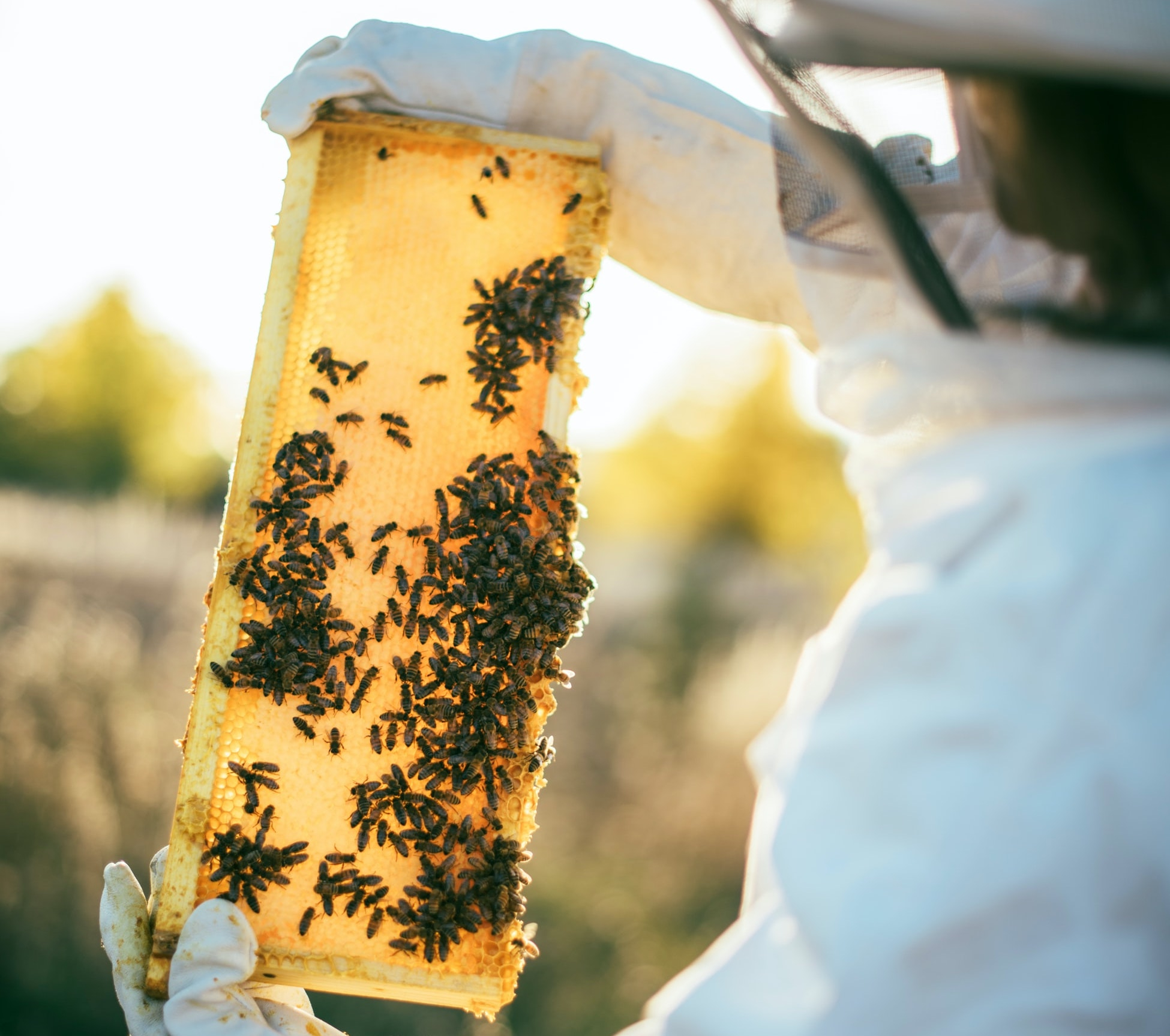Sustainability is a key concern for many shoppers as they make purchasing decisions. They prefer to buy environmentally friendly products in sustainably managed properties, according to an Unibail-Rodamco-Westfield survey of 6,500 shoppers at the company’s 24 Westfield-branded malls across the U.S.
“We’re always looking at new and better ways to reduce our environmental footprint and strengthen our social impact,” said URW senior vice president of shopping center management operations Shelly Schembre. “Conducting surveys to gather insights is one way we are listening to our shoppers; we then use that information to inform how we expand our efforts through strategic partnerships and programs.”
Westfield shoppers are willing to pay more for sustainable goods, according to the survey. Sustainably sourced goods often come with higher price tags, but 90% of Westfield shoppers are willing to pay premiums to purchase items that meet their environmental sustainability criteria. That willingness ranges; at least 60% are willing to pay a 10% markup for products they consider sustainable, and 10% are willing to pay between 25% and 40% more.
The categories in which Westfield shoppers want to see eco-consciousness the most are food, at 75% of those surveyed; health and beauty, at 48%; and fashion, at 39%. Shoppers like to see locally sourced produce, farm-to-table food, donations of excess food and composting programs.
They’re also proud to help the environment themselves, according to the survey. Seventy-nine percent of Westfield shoppers reuse, recycle and upcycle; 55% buy items with less packaging; 43% consolidate deliveries to reduce packaging waste; and 43% have reduced their meat consumption. Seventy-four percent have brought their own reusable totes to grocery stores, and 59% have brought them to other stores. Fifty-four percent purchase items made from recycled materials, half participate in clothing/shoe recycling and 45% repair items instead of tossing them.
Hybrid and electric vehicles also are gaining momentum around Westfield centers, many of which are in California and on the West Coast. Westfield shoppers have a high adoption rate for hybrid and electric vehicle ownership at 29%, compared with 7% nationally; 12% own electric vehicles, and 21% have hybrids. Among Westfield customers who arrived by car, one-tenth came in electric vehicles, and of those, 21% charged the vehicles on-site.
Substantial Jump in Investors Chasing Sustainable Properties
Shoppers aren’t the only ones willing to pay for sustainability. Investors are willing to pay a premium for sustainable properties, too. According to a CBRE survey of 102 U.S. commercial property investors conducted Dec. 21 through Feb. 8, more than a quarter are willing to pay more for properties that meet the investors’ environmental, social and governance criteria.
Seventy percent of respondents have adopted such criteria, while another 10% expect to do so in the next three to five years. Large institutional investors, such as insurance companies and pension funds, have the highest ESG criteria adoption rate, more than 90%, and the remaining 10% are considering adopting ESG criteria. Eighty percent of private equity investors and real estate funds have done so. Among respondents that have more than $10 billion of assets under management, none indicated they are unlikely to adopt ESG criteria. That points toward a structural change in the institutional investment landscape.
What kinds of sustainable development projects are investors most willing to finance? Upgrades. About two-thirds of all respondents and 70% of those with more than $25 billion of assets under management said upgrading existing assets is key to meeting ESG criteria. More than half are using third parties to rate assets for ESG compliance, and nearly a quarter are willing to pay a premium for such assets.
ShopCore and Tanger Are Adding Beehives to More Properties
Beehives are a great way to go green while grabbing media attention and offering customers fun and educational experiences, according to landlords. Urban beekeeping service Alveole launched at two ShopCore Properties centers in 2021, and ShopCore now is expanding the program to 30 properties across 12 states. The beehives will be installed atop the properties, and the honey will be harvested in the fall, then packaged and offered to the communities as gifts. Each beehive will have approximately 50,000 bees and will be cared for by local beekeepers.
Tanger Outlets is growing its Alveole partnership from seven outlet centers to 10. The program kicked off in 2021 at centers in Texas, Maryland, New York, New Jersey and Ottawa, Ontario. This spring, hives will go in at Tanger centers in Glendale, Arizona; Locust Grove, Georgia; and Washington, Pennsylvania. On each center’s events page, Tanger shoppers can track the number of bees in their local hives, find out how far they travel and learn about related educational workshops.

By Brannon Boswell
Executive Editor, Commerce + Communities Today